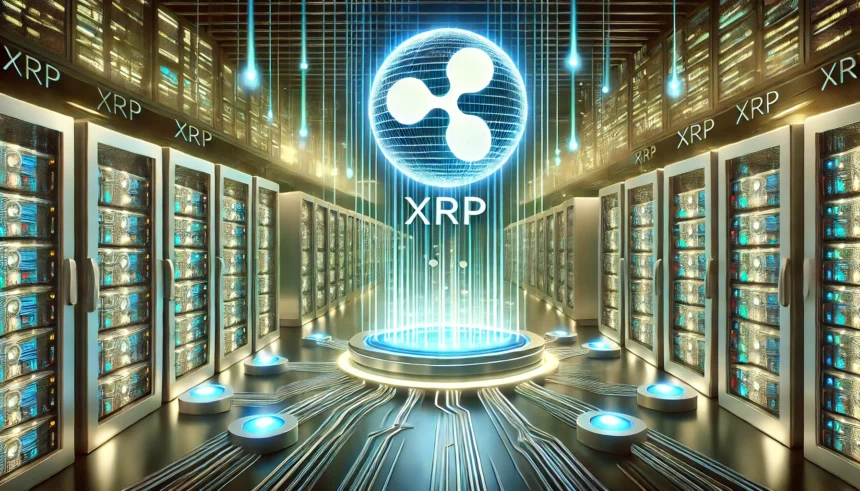
- Ripple aims to transform global payments by 2030, using XRP and blockchain to make cross-border transactions faster, cheaper, and more efficient.
- XRP’s value could grow significantly as Ripple expands its role in managing the projected $300 trillion cross-border flow.
Ripple is on its way to transforming the cross-border payments system worldwide, as explained by Pegah Soltani, the Ripple Head of Payments Products. In a video posted by a user Xaif (@Xaif_03) on X, Soltani explained how Ripple plans to solve problems with existing payment systems, noting its ability to revolutionize international finance by 2030.
Addressing Cross-Border Payment Challenges
Soltani added that it was estimated that the volume of cross-border flows would be $300 trillion by 2030. However, the traditional payment system is still characterized by high costs, a long transaction processing cycle, and a high rate of error. Ripple, a company focused on creating blockchain-based solutions that can perform faster and cheaper and are more transparent compared to the current methods for international payments, is addressing such concerns.
It established an efficient system where assets such as XRP act as a bridge currency, thus reducing the cross-border transaction time. For example, when a firm based in the United Kingdom wants to send money to another firm in the Philippines, Ripple’s technology guarantees that the cash will be translated to Philippine pesos in real-time. Soltani talked of the reliability and efficiency of the process, asserting that Ripple’s global partner base backs this.
The Role of XRP in Connecting Underserved Markets Worldwide
New capabilities, such as the global payout network, allow Ripple to tap into opportunities in the many markets and currencies not offered by existing players. Any business can begin implementing Ripple’s payment products in under three weeks, with the new settlements in seconds instead of days. Such speed and scalability make Ripple stand out from the competition in the field of cross-border payments.
Integrating Ripple’s products makes XRP one of the most popular cryptocurrency assets in the market for cross-border payments. The World Bank has acknowledged XRP’s effectiveness in cross-border settlements. Already today, Ripple has vast growth opportunities as it covers more territory, and its technology will be critical in addressing the extended estimated flow, reaching $300 trillion by the end of the decade.
Projected XRP Value in a Transforming Financial Ecosystem
According to Xaif, if XRP were charged with handling the foreseen $300 trillion annual throughput, its worth could skyrocket. At present, the circulating supply is 52 billion XRP; hence, the market cap may be as high as $5,769.23 per XRP. This projection gives hope that Ripple’s platform will revolutionize the financial sector.
There are many reports that XRP has the potential to act as a world reserve asset, and a number of financial gurus have set their sights on roughly $10,000 for each token. Although such predictions are predicated, they give a hint of the excitement surrounding Ripple’s revolutionary developments and its efficiency in transforming cross-border payment systems.
With the current global financial system continually struggling with numerous inefficiencies, Ripple’s strategy for addressing them is now a new trend in the industry. Growing adoption gives evidence of its influence on international payments and, consequently, the digital asset’s value, all vesting in the idea of reshaping cross-border payment systems.




![The 4 Best Meme Coin Presales to Join This Week [ROI to Look Forward to!]](https://capernaum.me/wp-content/uploads/2025/01/the-4-best-meme-coin-presales-to-join-this-week-roi-to-look-forward-to-150x150.png)

